The above information was stated at the Conference on implementing Official Dispatch 990/CD-TTg dated October 21 and promoting the implementation of the interest rate support program according to Decree 31/2022/ND-CP of the Government, organized by the State Bank of Vietnam (SBV) today, October 27.
According to the State Bank of Vietnam, banks have actively implemented Decree 31/2022/ND-CP dated May 20, 2022 on interest rate support from the state budget for loans of enterprises, cooperatives, and business households. The cumulative interest rate support amount since the beginning of the program has reached about VND 873 billion for more than 2,200 customers.
However, the State Bank frankly acknowledged that the results of interest rate support are still low and have not met expectations. The low results are mainly due to the fear of inspection and examination, considering the benefits of interest rate support and the costs incurred when receiving interest rate support such as monitoring records, documents, and complying with post-audit procedures. It is difficult to assess the ability to "recover" according to Resolution 43/2022/QH15 in the context of the world and domestic economy still having many risky and uncertain factors. The socio-economic context has changed compared to the time of policy issuance, so the support needs of businesses have also changed.
The State Bank of Vietnam said that as of October 24, credit to the economy increased by 6.81% compared to the end of 2022, of which it has increased faster since May. Credit to businesses reached nearly 6.5 million billion VND, accounting for over 50% of outstanding debt in the entire economy.
To implement and concretize the Prime Minister's direction in Official Dispatch No. 990/CD-TTg, in the coming time, the State Bank will continue to focus on implementing a number of key solutions to further enhance access to credit capital for people and businesses to contribute to supporting economic growth recovery, specifically as follows:
Continue to proactively, flexibly and synchronously manage monetary policy tools, closely coordinate with fiscal policy and other macroeconomic policies to promote economic recovery, ensure major balances of the economy, control inflation, stabilize the macro economy, and promptly adapt to fluctuations in domestic and foreign markets. Regulate currency, reasonable market liquidity, and manage interest rates and exchange rates in accordance with market conditions and monetary policy objectives.
Manage credit growth reasonably to contribute to controlling inflation, supporting economic growth, directing credit capital to production and business sectors, priority sectors and economic growth drivers according to the Government's policy; continue to implement solutions to remove difficulties, creating favorable conditions for access to credit capital.
Continue to implement the tasks of the Banking sector in the Socio-Economic Recovery and Development Program, National Target Programs, and specific credit programs and policies for a number of sectors and fields under the direction of the Government and Prime Minister.

Source








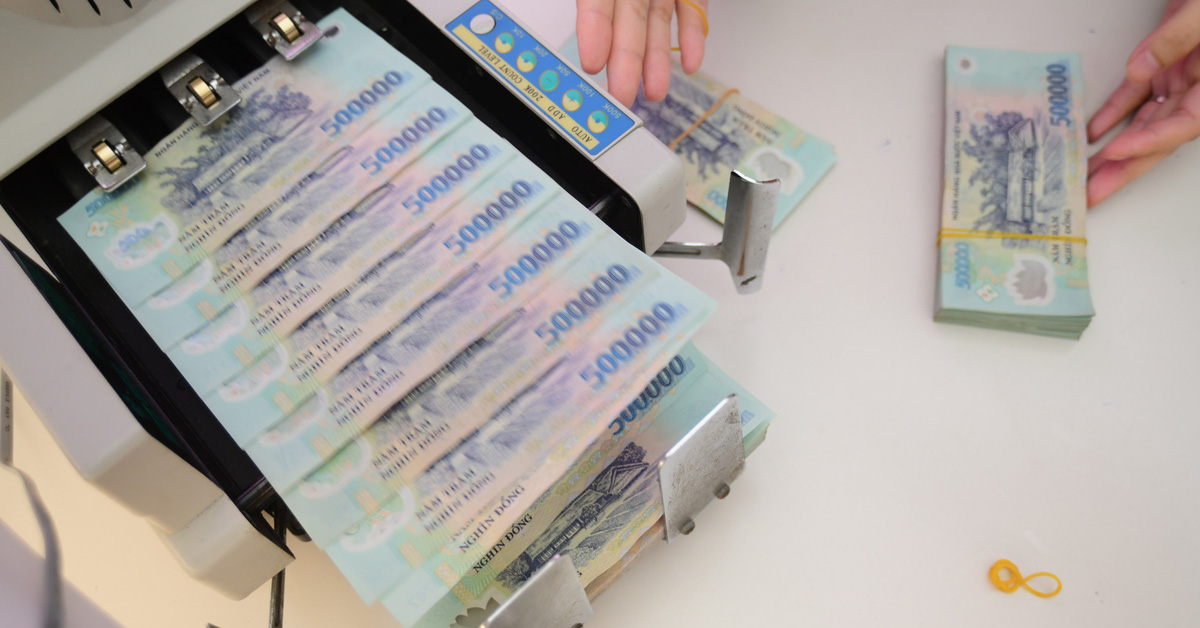

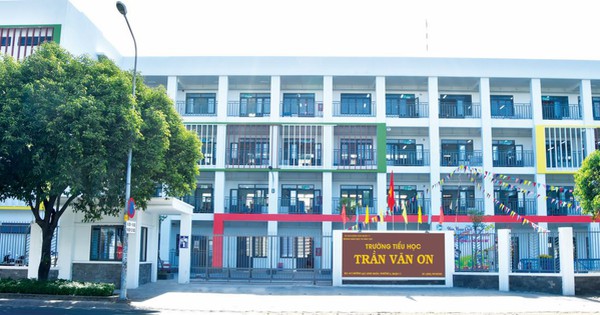







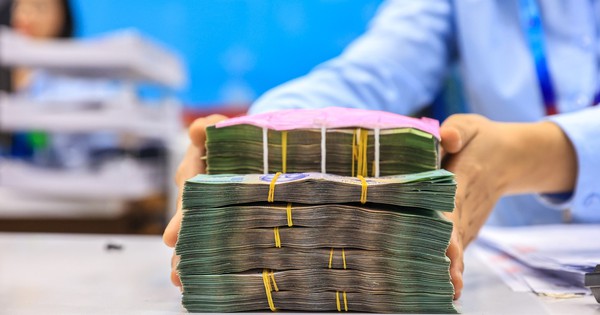




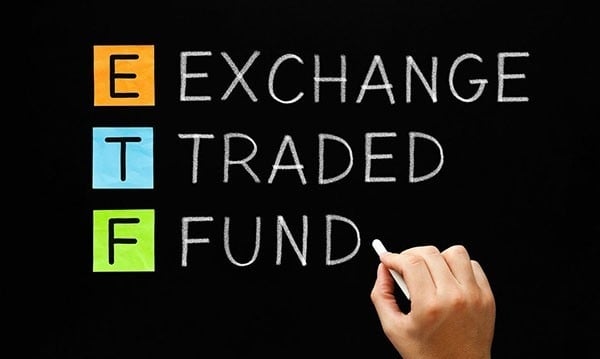







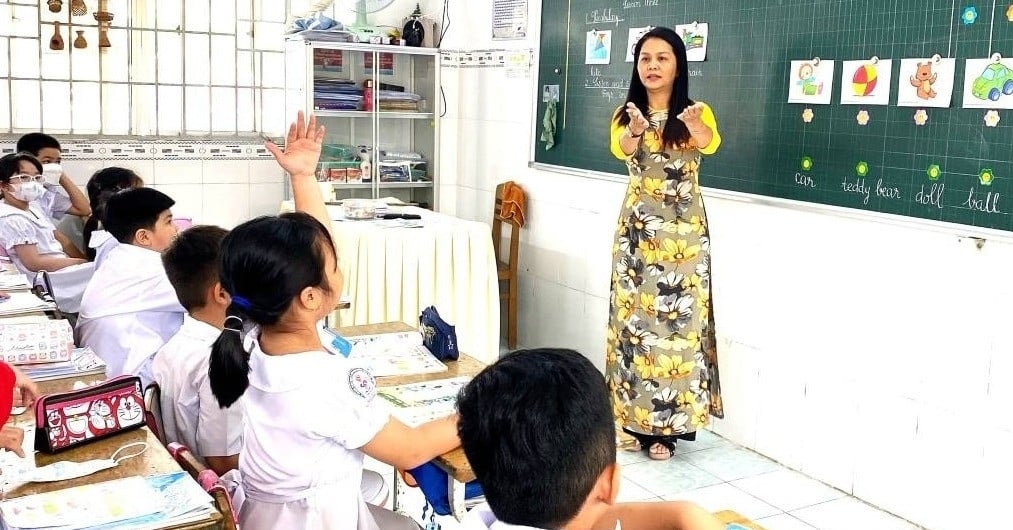

![[Photo] "Beauties" participate in the parade rehearsal at Bien Hoa airport](https://vstatic.vietnam.vn/vietnam/resource/IMAGE/2025/4/11/155502af3384431e918de0e2e585d13a)











































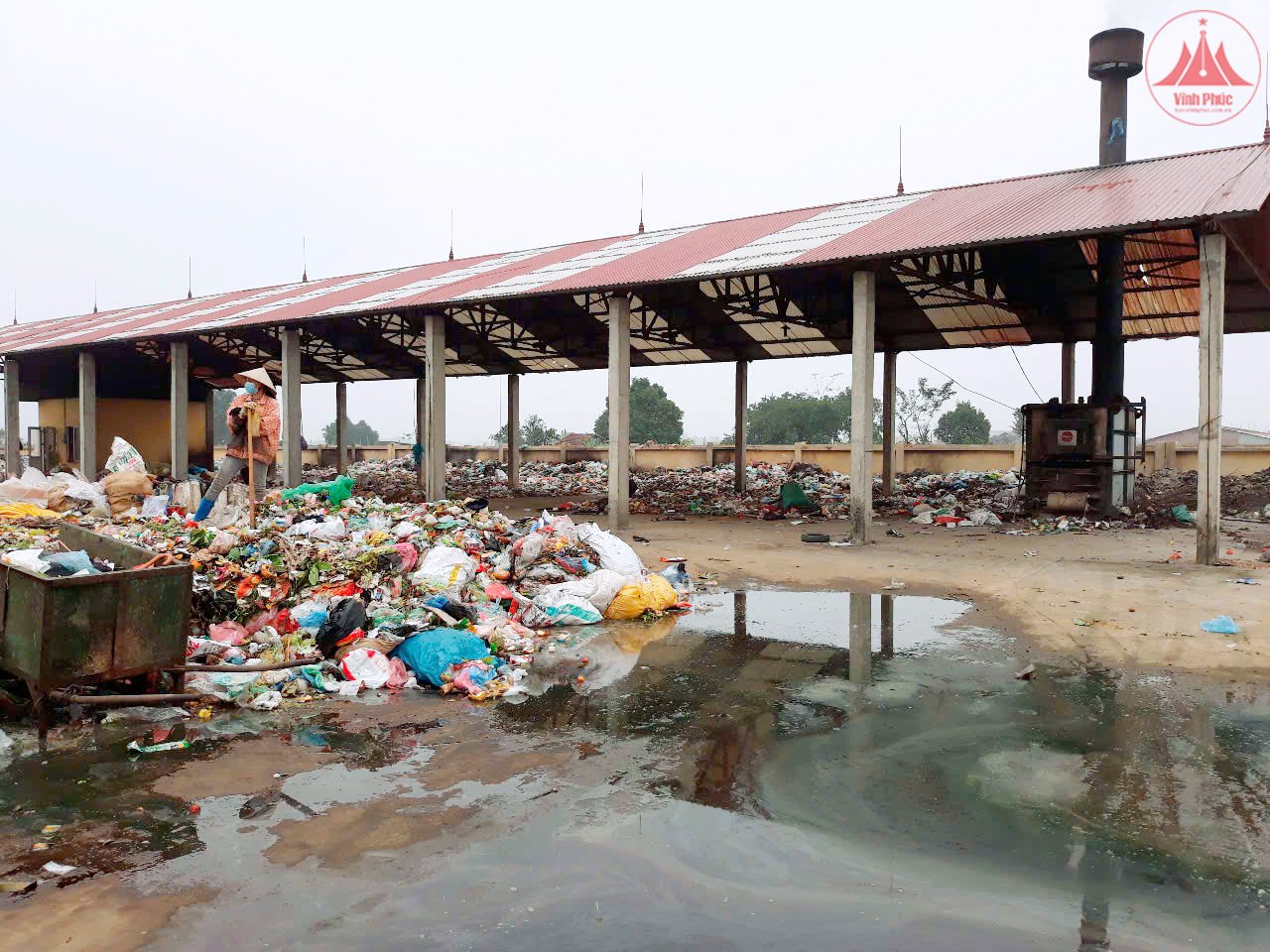

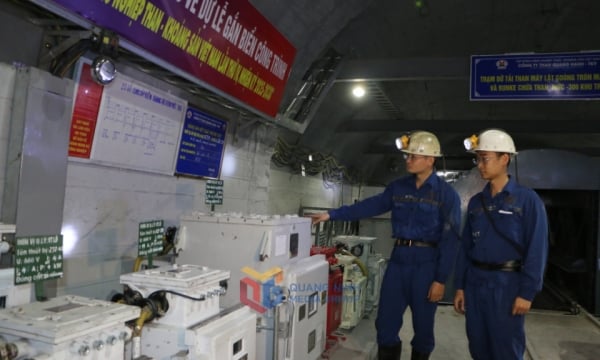


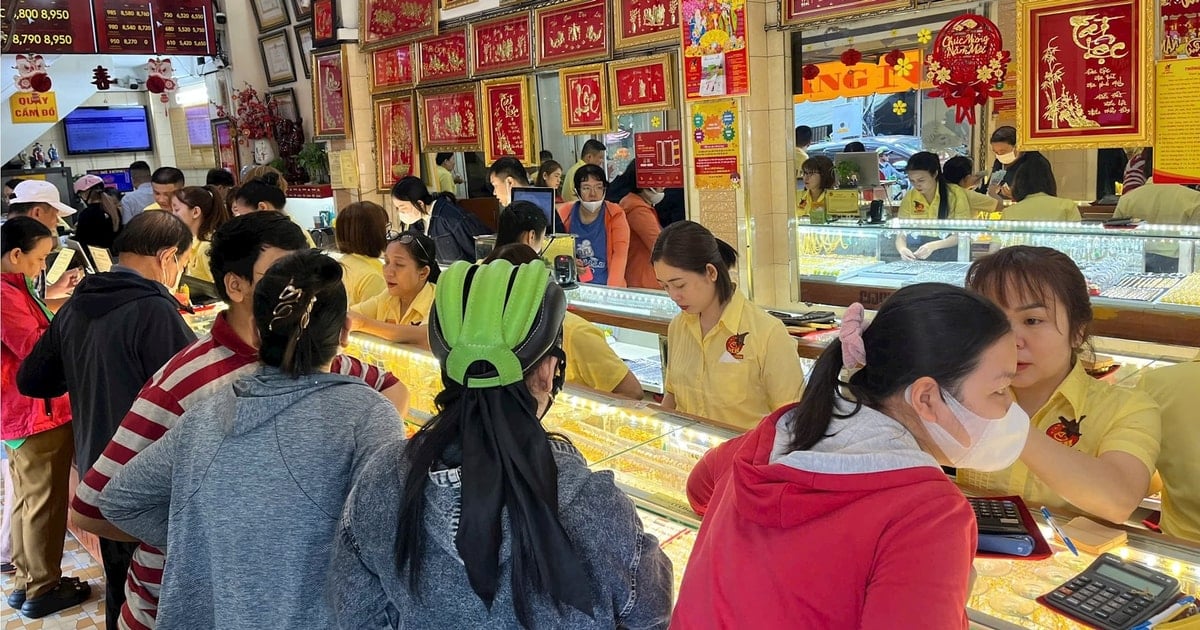











Comment (0)